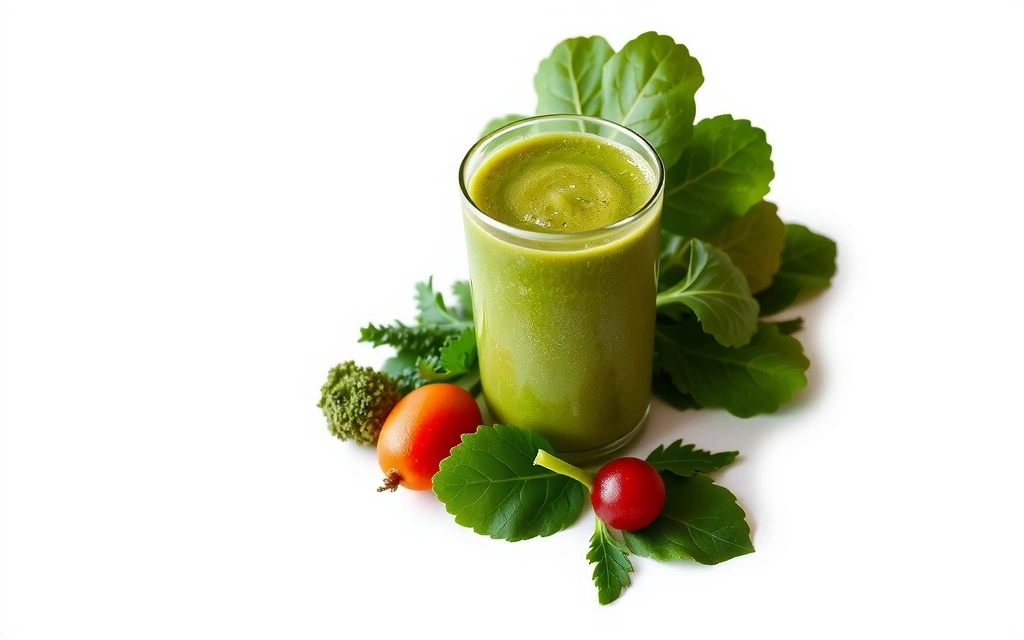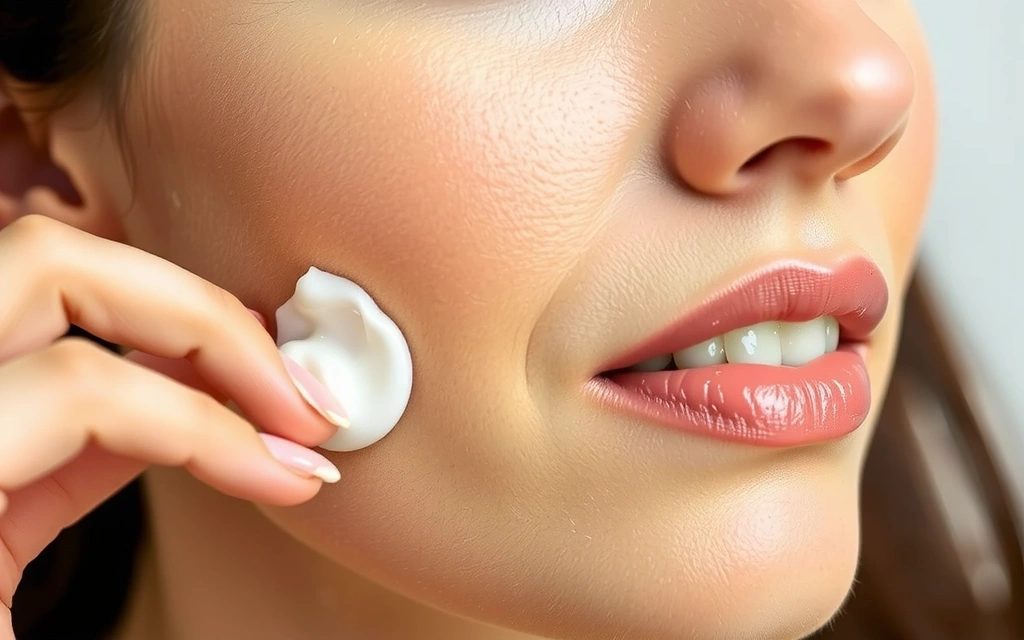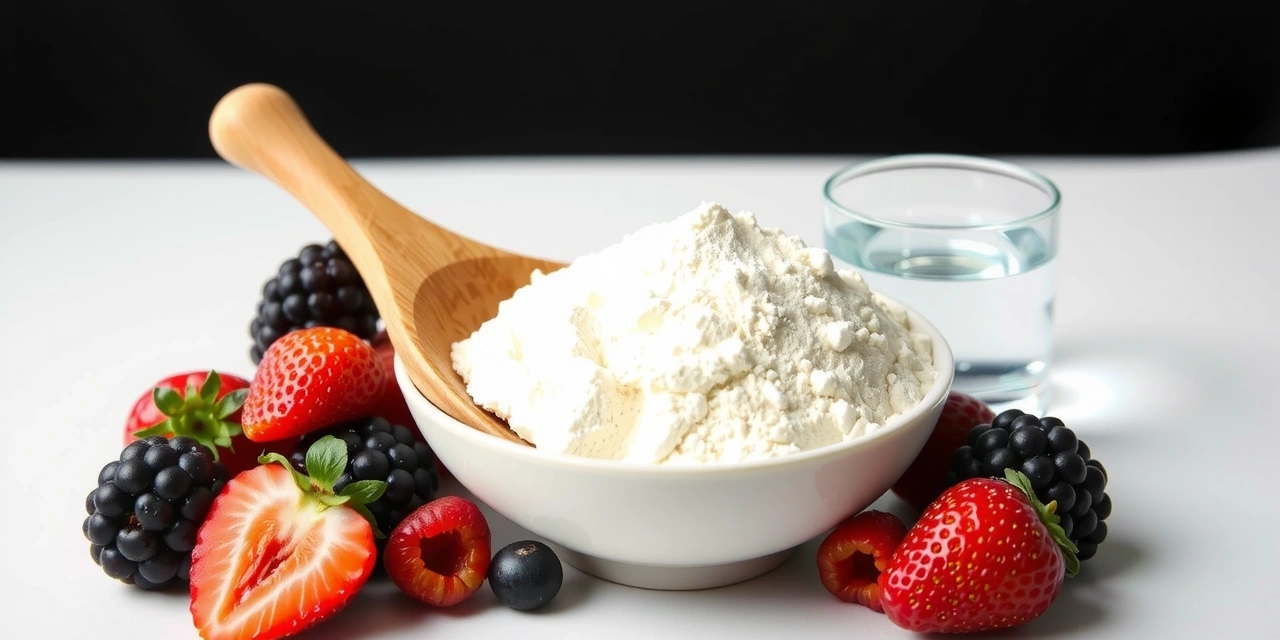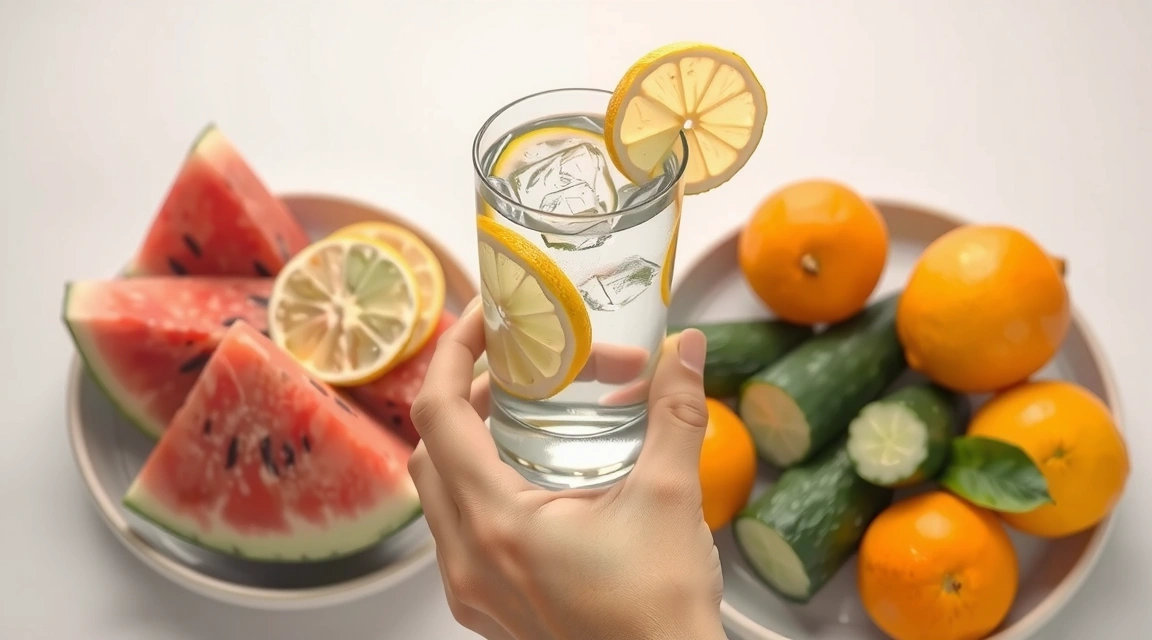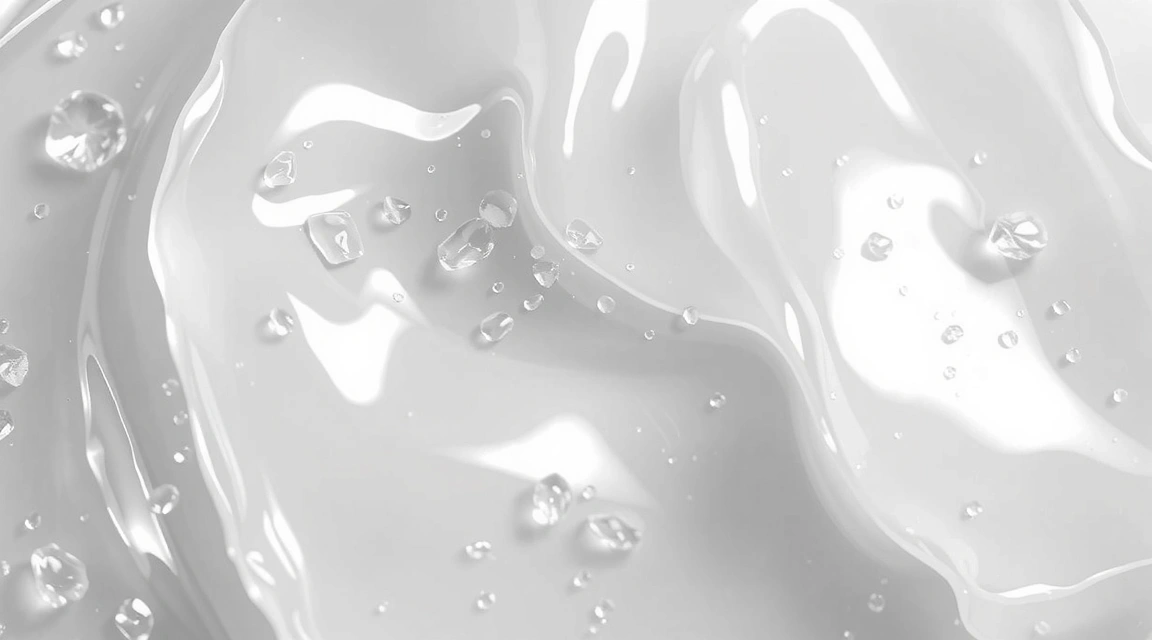Collagen, often hailed as the "fountain of youth" protein, is the most abundant protein in our bodies, playing a crucial role in maintaining the structure and integrity of our skin, hair, nails, bones, and connective tissues. As we age, our natural collagen production declines, leading to visible signs of aging such as wrinkles, sagging skin, and brittle nails. Understanding collagen and how to support its production is key to preserving a youthful appearance and promoting overall well-being.
What is Collagen and Why is it Important?
Collagen is a complex protein made up of amino acids, forming strong, flexible fibers that act as scaffolding for our tissues. In the skin, collagen provides strength and elasticity, helping it to remain firm and smooth. It also plays a vital role in wound healing and tissue repair. Beyond skin, collagen is essential for healthy joints, strong bones, and even the lining of our gut.
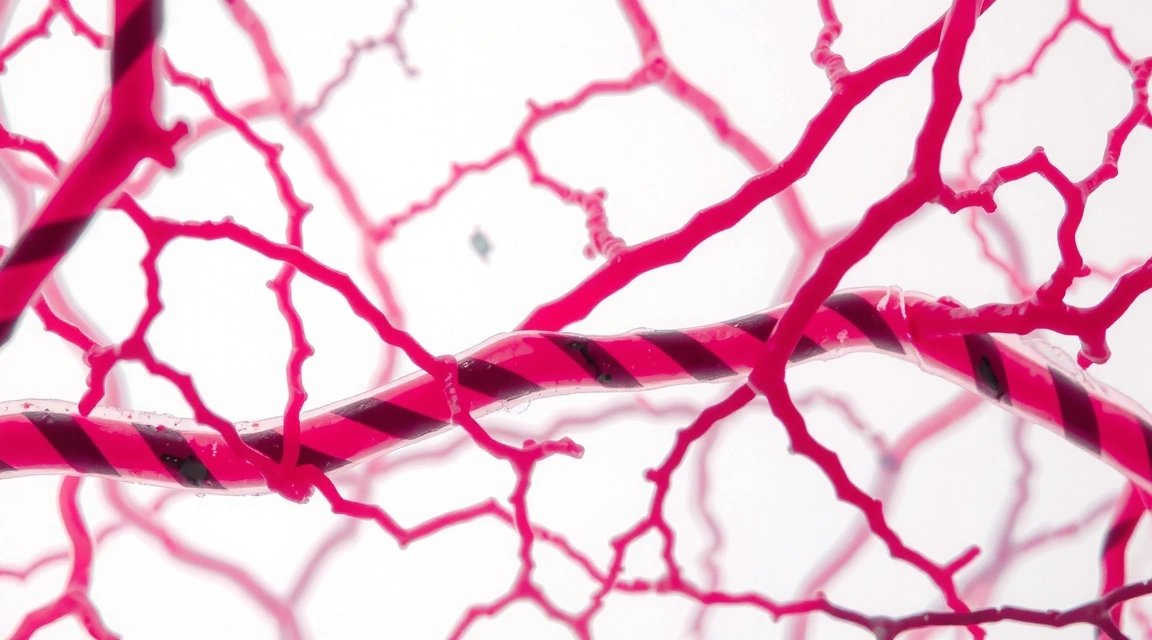
Types of Collagen and Their Benefits
While there are many types of collagen, Type I, II, and III are the most prevalent and beneficial for human health:
- Type I: The most abundant type, found in skin, tendons, vascular ligature, organs, and bone. It's crucial for skin elasticity and strength.
- Type II: Primarily found in cartilage, this type is vital for joint health and flexibility.
- Type III: Often found alongside Type I in skin, muscles, and blood vessels, contributing to the elasticity and firmness of tissues.
Boosting Your Collagen Production Naturally
While collagen supplements are popular, you can also support your body's natural collagen synthesis through diet and lifestyle. Foods rich in vitamin C (like citrus fruits and bell peppers), proline (found in egg whites, dairy, cabbage), and glycine (in pork skin, chicken skin, gelatin) are essential building blocks. Antioxidants from fruits and vegetables also protect existing collagen from damage.

Choosing the Right Collagen Supplement
When considering a collagen supplement, look for hydrolyzed collagen or collagen peptides, as these are broken down into smaller, more easily absorbed molecules. Marine collagen (Type I) is often favored for skin benefits, while bovine collagen typically contains both Type I and III. Always choose reputable brands that prioritize purity and quality.
Incorporating collagen into your daily routine, whether through diet or supplementation, can be a powerful step towards maintaining youthful skin, strong hair, and overall vitality. Consult with a healthcare professional to determine the best approach for your individual needs.
